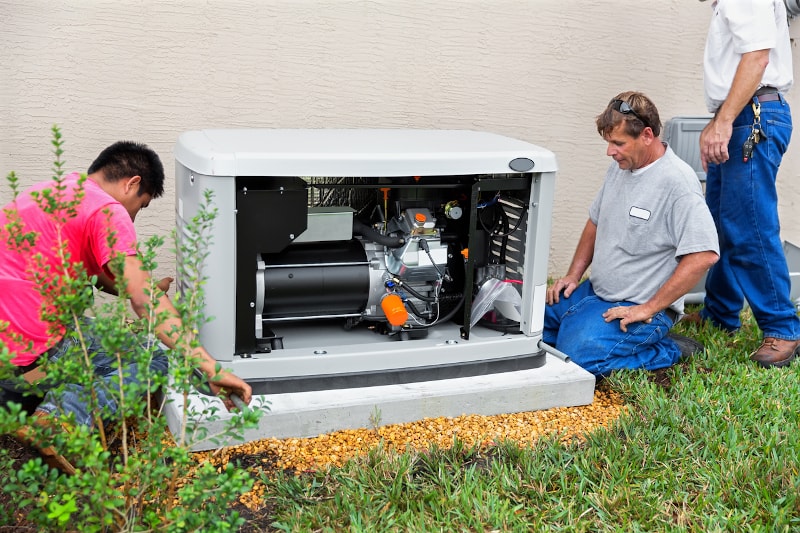According to the power management company Eaton, power outages affected over 36 million Americans in 2017. In Magee, MS, you can protect yourself during electricity outages with a whole-home gas generator to keep your essential appliances running.
Why You May Need a Whole-Home Generator
If your home’s electricity goes out unexpectedly, this will cause you and your family a major inconvenience. With a backup generator, you can continue using your fridge, TV and other appliances without any interruption. Typically, whole-home generators operate on gas so that they can deliver essential power without relying on the local electrical grid.
Determining Your Electricity Needs
Your first step in looking for a standby generator will be to determine how much power you’ll need your generator to provide.
If you plan on powering central heating and air conditioning with your generator, this will greatly increase your power needs. In this case, take a look at your HVAC unit’s information plate. This plate will list your unit’s capacity in terms of BTUs or tons.
Doing the Math
For every 12,000 BTUs, add 3.51 kilowatts to the size of your generator, rounding up to the nearest whole number. For example, a 36,000-BTU AC unit will require at least an 11-kilowatt generator.
A 48,000-BTU unit will require a generator sized at 14 kilowatts or more. If your AC unit capacity is in tons, each ton equals 12,000 BTUs. Therefore, a 3-ton unit is the same as a 36,000-BTU unit.
A home generator can give you greater security and peace of mind. To learn more about installing a whole-home generator, contact the experts at Hux Air Conditioning today.
Image provided by iStock

